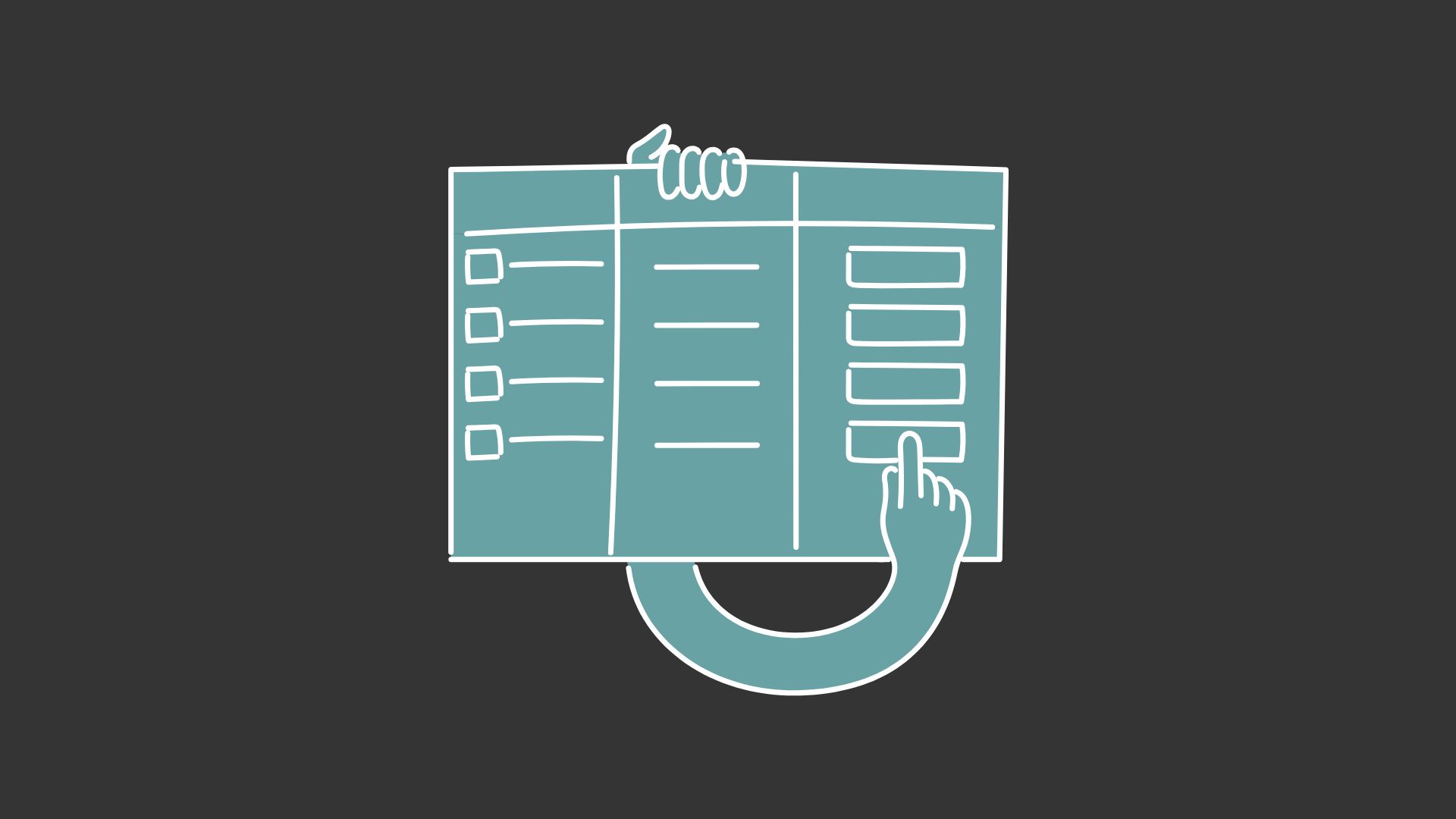Do you have a great idea to help people or solve a problem? To make it happen, you might need to ask for money. This is called grant writing. But before you ask, it’s essential to know the rules.
In this article, I’ll talk about three important rules to follow when asking for money:
- Be original – don’t copy others!
- Be honest about how you’ll use the money.
- Keep your promises.
By following these rules, you can increase your chances of getting the money you need.
Table of Contents
The Role of Honesty in Grant Writing
Honesty is fundamental to ethical grant writing. Present your project, organization, and qualifications truthfully and accurately throughout your proposal.
Avoid exaggerating your experience or resources. Instead, highlight genuine strengths and their alignment with grant objectives.
Be transparent about project needs and challenges. Grantmakers value candid assessments that show a thorough understanding of the work involved.
Balance optimism with realism when outlining expected outcomes. Convey enthusiasm and potential impact, but avoid making unrealistic promises.
When filling out your application, make sure everything is correct. This includes how much money you’ll need, how long the project will take, and any extra papers you need to include. If you’re not sure about something, it’s okay to say so. Don’t make things up or guess – it’s better to be honest and say you don’t know.
Being honest is very important. When you tell the truth, the people giving out the money will trust you more. They’ll think you’re a responsible person who can handle the money wisely. This will help you get more money in the future if you need it again.
Avoiding Conflicts of Interest
When asking for money, it’s essential to be fair and honest. If you’re not, it can hurt your reputation and the reputation of the people giving you the money. So, let’s talk about something called “conflicts of interest.”
A conflict of interest is when someone you know, like a family member or friend, might get a benefit from the money you’re asking for. This can make it seem like the decision to give you the money isn’t fair. It’s like if your mom was the one deciding who gets the money, and she chose you just because you’re her kid!
To avoid conflicts of interest, read the rules carefully. Many organizations have special rules about what is and isn’t allowed. If you think there might be a problem, tell the truth in your application. Explain what’s going on and how you’ll make sure everything is fair.
It’s also a good idea to have someone else look at your application to make sure it’s fair. This is like having a referee in a game to make sure everyone follows the rules. And if you think you might be biased, it’s okay to step aside and let someone else make the decisions.
Responsible Use of Data and Statistics
When writing a grant, it’s essential to be honest and respectful of other people’s ideas and work. This means giving credit where credit is due and not copying someone else’s work without permission.
If you use someone else’s idea or research, make sure to say where you got it from. This is called a citation. It’s like saying “thank you” to the person who came up with the idea. Use the same citation format throughout your application.
Follow the rules given by the people you’re asking for money from.
Don’t copy someone else’s work, even if you didn’t mean to. This is called plagiarism, and it can hurt your chances of getting the money. Make sure all the words in your application are your own. If you’re quoting someone else words, add proper citation.
Be careful when using pictures, diagrams, or quotes from other people. You need to ask for permission before using them. If you’re not sure if you can use something, it’s better to be safe than sorry and find something else.
Even if you’re talking about your own work, still say where you got the idea from. This helps the people giving you money understand what you’re doing and how it fits in with what you’ve done before.
If you’re working with other people, make sure you have their permission before using their ideas or work. Say who did what and what each person contributed. This is like being a good team player and respecting your teammates’ work.
Related reading: What are research methods?
Ethical Budgeting Practices
When asking for money, it’s essential to be honest and responsible with how you plan to use it. First, read and follow the rules of the people giving you the money. This shows that you respect their wishes and priorities.
Be realistic about how much things will cost. Don’t try to trick anyone by making things seem more or less expensive than they really are. Explain why you need each thing and how it will help you achieve your goals. Make sure to include all the costs, even if you’re not asking for enough money to cover everything. If you have other money coming in, say so.
Think about the extra costs that might not be obvious, like the cost of using a building or equipment. Make sure you’re following the rules of both your organization and the people giving you the money. Consider how your project might affect people, especially if you’re working with people in need or in other countries. Don’t do anything that might look like you’re trying to cheat or help yourself instead of others.
Finally, plan how you’ll keep track of the money and report back to the people who gave it to you. This shows that you’re responsible and honest, and it will make them more likely to trust you with their money.
Related reading: How to write a research paper?
Maintaining Confidentiality
During grant writing, it’s essential to keep some information private. This is especially important when working with people or information that needs to be kept secret. First, figure out what information in your proposal should be kept confidential. This might include people’s personal details, secret business information, or sensitive data about your organization.
When talking about research that involves people, use fake names or hide their identities to protect them. Be careful not to share secrets about new inventions or methods that might be valuable. If you have letters from people who support your project, make sure you have their permission to share what they wrote.
When sharing financial information, mark the parts that should be kept secret. If you’re collecting or handling sensitive data, explain in your proposal how you’ll keep it safe. This includes how you’ll store it, who can access it, and how you’ll get rid of it when you’re done. Be aware of any situations that might make it hard to keep secrets, and be honest about any concerns you have.
Think of it like keeping a friend’s secret. You wouldn’t want to share something that might hurt or embarrass them, right? It’s the same with grant writing. You need to be trustworthy and keep confidential information private.
Ethical Considerations in Collaboration
When writing a grant with other people or groups, it’s essential to be fair and honest. First, make sure everyone knows what they’re supposed to do and what they’re responsible for. This helps prevent misunderstandings and ensures everyone is on the same page. Be open about how decisions will be made and who will make them.
Make sure everyone involved in the project knows what’s going on and has agreed to be part of it. Talk about who will get credit for the ideas and work that come out of the project. When describing what each person brings to the project, be honest and fair. Don’t make someone sound more or less important than they actually are.
If you’re sharing resources or equipment, explain how that will work. Think about any potential problems that might come up and be honest about them in your proposal. When working with people from different countries or cultures, be respectful. Make sure to treat everyone fairly.
Talk about how you’ll share information and data among the team and how you’ll keep it safe. If you’re working with community partners or people outside of academia, make sure to include thier ideas. Discuss how you’ll resolve any disagreements that come up and think about what will happen after the project is over.
Make sure everyone involved in the project knows and follows the rules and guidelines that apply. This shows that you’re professional, trustworthy, and committed to doing things the right way. It will also make your grant proposal stronger and more believable.
Related reading: How to write a Research Proposal?
Addressing Ethical Challenges in Grant Writing
When writing a grant, it’s essential to be honest and fair. One challenge is feeling pressured to make your project sound better than it really is. But it’s crucial to be realistic and not make promises you can’t keep. Instead, show both the good and not-so-good things about your project.
Be honest about what you’re good at and what you’ve done before. Share your real skills and explain how they fit with the project. When talking about your past work or data, make sure everything is accurate and up-to-date. Don’t make up or leave out information to make your proposal sound better.
Don’t copy someone else’s work without saying where it came from. It’s okay to use some of the same words from previous proposals, but don’t copy a lot without giving credit. Be open about any problems or risks in your project and explain how you’ll deal with them.
If your project involves people, animals, or the environment, explain how you’ll handle any tricky situations. When talking about why your project is needed, don’t exaggerate or distort the facts. Be aware of any situations that might make it hard for you to be fair and honest, and be open about them.
If you’re resubmitting a proposal that was rejected before, be honest about it. Explain how you’ve improved it. When describing your methods, be clear about any assumptions or limitations.
Final thoughts
Writing grants in an honest and fair way is very important. It helps us trust each other and makes sure that research is done in a way that benefits everyone.
Remember to:
- Tell the truth about yourself and your project
- Use correct data and statistics
- Respect other people’s ideas and work
- Be responsible with money
By being honest and fair, you can help make sure that research is done in a way that helps people and makes the world a better place.
FAQs
What are the ethical considerations for grants?
When writing a grant, it’s essential to be fair and honest. This means being truthful about your project, making a responsible budget, and following the rules. You should also treat people and animals with respect, be honest about any conflicts, and handle data securely. By being transparent and open, you can use the funds in a way that is efficient and effective.
What are the ethics of a research proposal?
When you write a research proposals , you have to think about what’s right and wrong. This means being honest about who you are and what you’re doing, and treating people and animals with kindness. You should also take care of the information you collect and be fair to others who are helping you. It’s also important to think about how your project might affect the Earth and people who are different from you. By being responsible and respectful, you can make sure your project is a good one that helps people.







